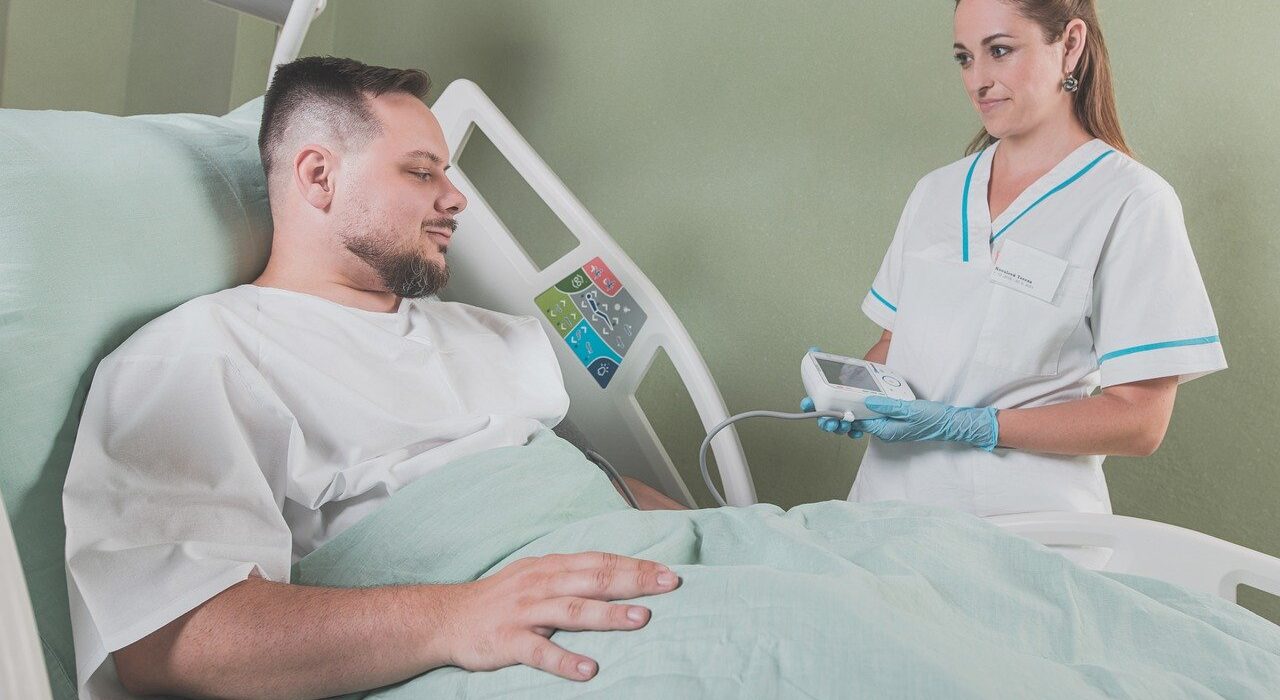A medical visa is needed if you’re planning to seek treatment abroad. Whether you need advanced medical care, seek specialized surgery, or perhaps, acquire a special form of treatment that’s not available in your home country, you need this visa to enter the country and receive the treatment that you need.
Applying for a medical visa should be easy. Although the process and requirements will vary depending on the country you intend to visit, it generally involves submitting a medical referral and the usual travel documents like a valid passport.
To help you navigate through the complexities, we’ll share the usual steps involved in applying for a medical visa. At Checklist Visa, our goal is to empower travelers by providing comprehensive guidance in obtaining various types of visas.
What is a Medical Visa
A medical visa is a document that enables a foreign national to gain entry into another country to receive medical treatment. The main purpose of the medical visa is to make it possible for patients from any country to travel abroad for specialized health care, surgeries, or advanced medical procedures which may not be available in the patient’s country of origin.
Medical visas are granted for periods as short as given by the treatment period and can be extended if there is still the need for it. Most countries demand proof of medical condition, an invitation or appointment letter by a recognized foreign hospital or medical facility and financial evidence for treatment as well as travel costs. Most countries also accept a visa for a close family member or caregiver to accompany the patient.
The medical visa is commonly issued by countries offering medical tourism. The document allows patients access to necessary health care while complying with immigration policies. It also facilitates access to quality healthcare services worldwide.
Steps to Apply for a Medical Visa
The steps to apply for a medical visa will differ from one country to another. But these usually involve the following:
1. Research the Requirements
First, find out the requirements you need, which will mainly depend on the country where you intend to seek treatment. Each country has its own requirements, regulations, and application procedures. For instance, if you are heading to the United States, you need to apply for a Tourism Visa, in particular, the B2 Visa.
Visit the website of the relevant embassy or consulate to find out detailed information on the steps and necessary documents to prepare. Knowing these requirements is the first step to applying for a medical visa.
2. Gather the Necessary Documents
Once you have the list of requirements, it’s time to prepare them. The requirements usually include the following:
- Valid passport
- Visa application form
- Medical documents (treatment plan, diagnosis, referral letter from doctor, etc.)
- Proof of financial capability (bank statements, sponsorship letters, etc.)
- Travel itinerary, accommodation details, and return tickets.
3. Obtain a Referral or Invitation Letter

One of the most important requirements for a medical visa is a referral or invitation letter. You must consult your healthcare provider for this. For instance, if your doctor in your home country believes you can get better treatment abroad, they can provide a referral to a hospital or specialist abroad. You need to submit this referral when applying for the visa.
You can also get in touch with the hospital abroad to request an invitation letter. The letter must indicate your medical condition, their proposed treatment, and how long you will stay in the country for treatment. It should include an official letterhead signed by the physician.
4. Submit Your Application
Once you have gathered the required documents, it’s time to submit your application. As mentioned above, the mode of application will differ from one country to the other. Some allow you to apply using the online visa portal, while others will require you to be physically present in the relevant embassy or consulate.
Be sure to follow the specific submission guidelines, including any additional forms or fees required. Timely submission can help ensure you receive your medical visa without unnecessary delays.
5. Attend the Visa Interview
Medical visa applications often include appearing for a visa interview. During the interview, the applicant will be questioned on matters of verification of his or her medical condition and treatment plans.
Some common questions are – “Why do you need treatment abroad?” “Why have you chosen this particular hospital?” “Who will bear the financial cost of your medical expense?” and “How long will you be staying?”
You must provide clear and honest answers along with supporting documents to prove the validity of your necessity to get treatment abroad. Refer to our tips for a successful visa interview.
6. Wait for the Approval of your Visa
After the interview, all you need to do is wait for the approval of the visa. The processing time will vary depending on the country.
Once approved, you can start with the travel arrangements. Book your flights, look for accommodations, transportation to the medical facility, and everything else involved in this trip. Don’t forget to bring the necessary documents, such as medical records, a referral letter, and of course, the approved medical visa.
FAQs for a Medical Visa Application

How long does it take to process a medical visa?
The processing time for the medical visa will vary from country to country. However, it usually ranges from a few days to several weeks. In case of an emergency, some countries can even offer an express mode of service for an added fee. To get an idea of how long it will take, one should check with the official website of the embassy or consulate of the country. Ensure you submit the complete documents to avoid delays.
Can I extend my medical visa if my treatment takes longer than expected?
Yes, you are allowed to have your medical visa extended, but only if your therapy actually does end up taking longer. You need to apply for an extension prior to the end of the current visa and the rules will vary from country to country. In most cases, you will be required to produce proof of continued treatment as well as proof of why the extension is being sought. Contact the local immigration office or the country’s embassy to see exactly what steps should be taken when extending the visa.
Can I bring a family member or caregiver with me on a medical visa?
Yes, you can bring a family member or caregiver with you on a medical visa. Such policies are allowed in most countries, but this requires applying for a separate visa known as the medical attendant visa. This visa will allow a caregiver to accompany the patient during treatment. When applying for the attendant visa, you need to provide their information and submit any documentation required.





1 Comment
Comments are closed.